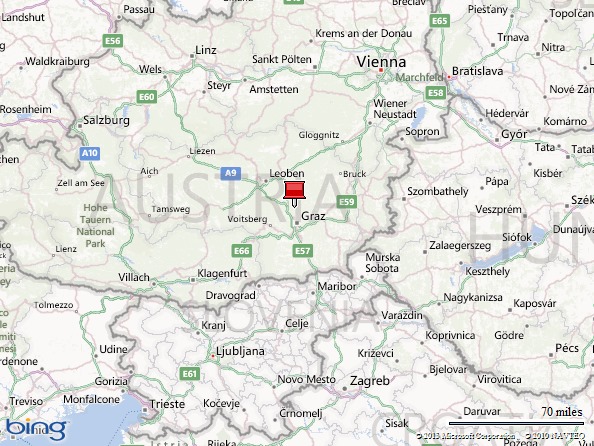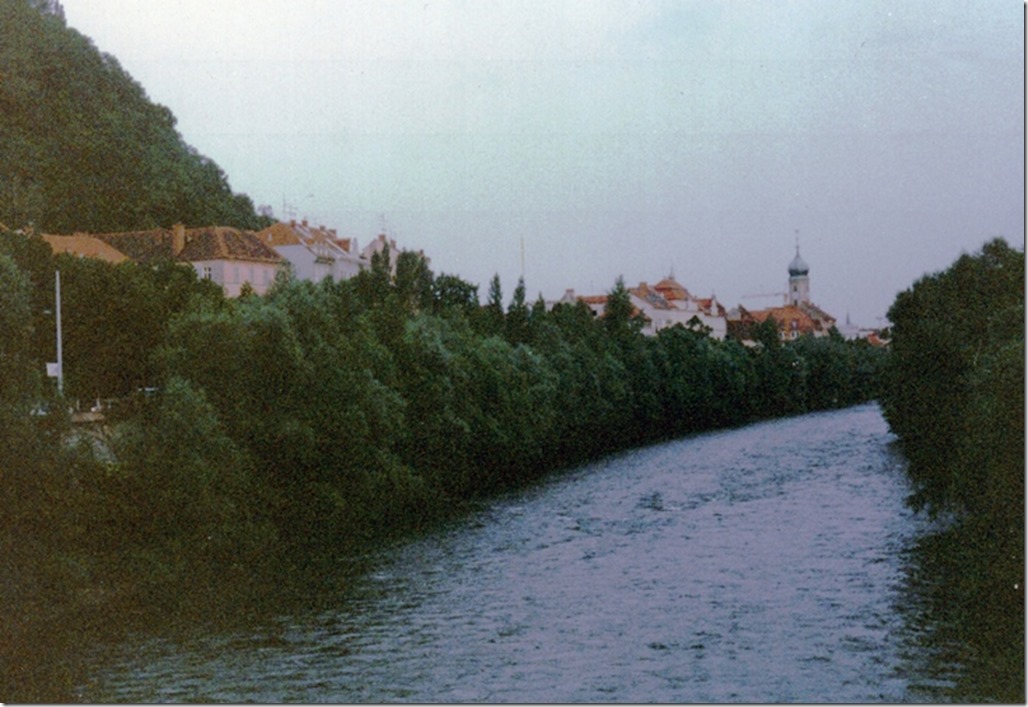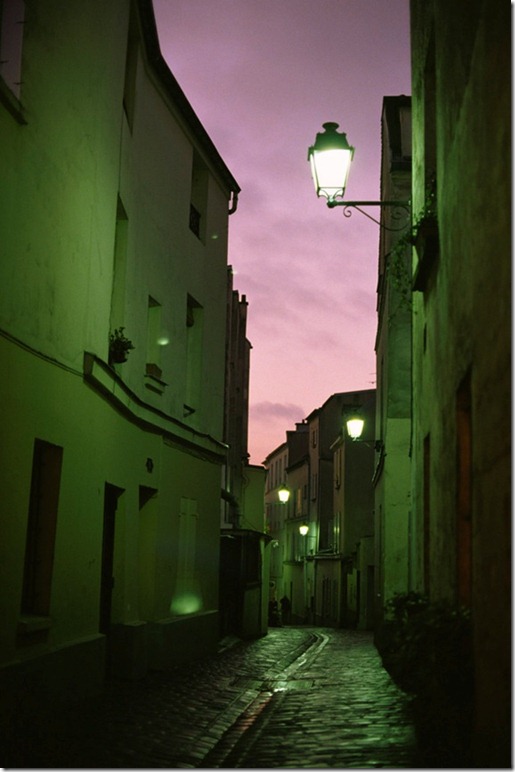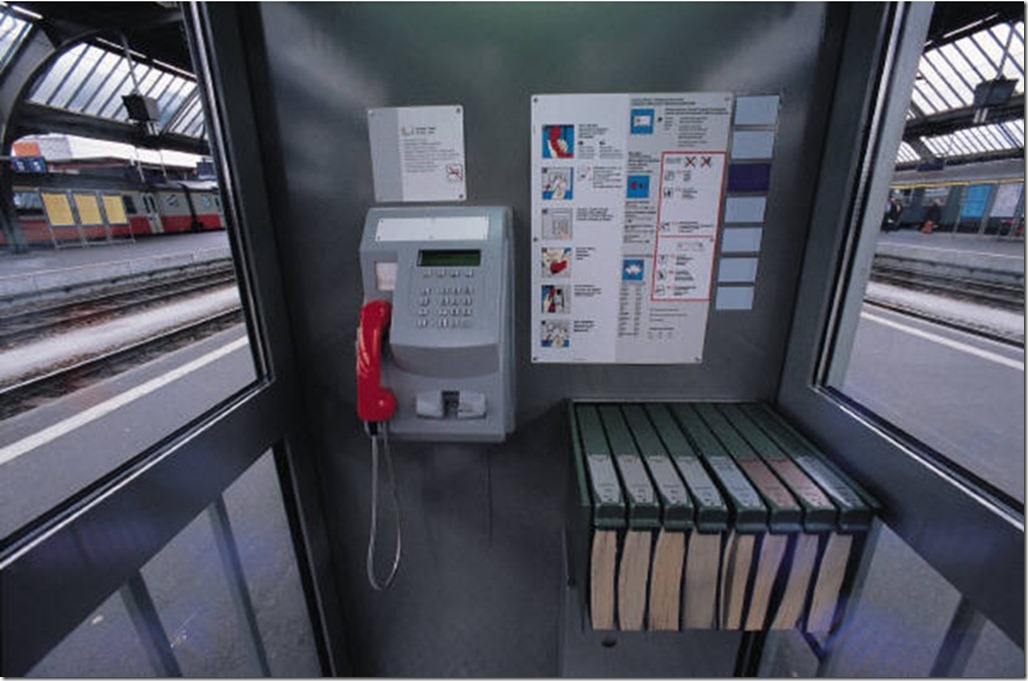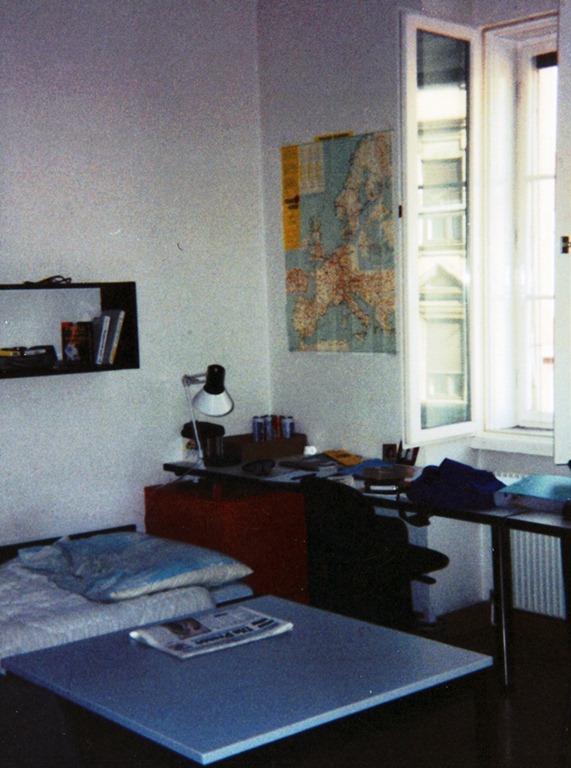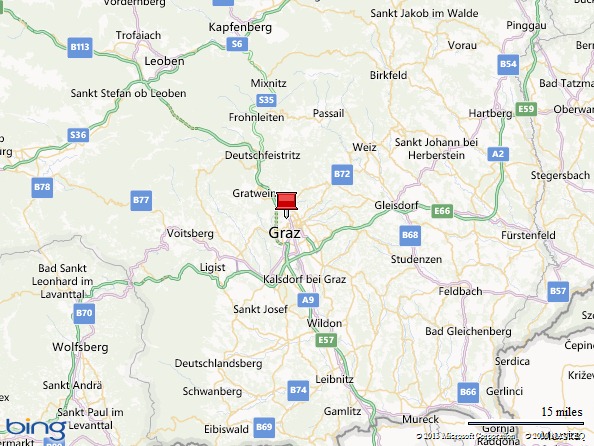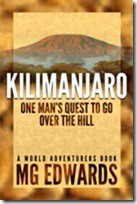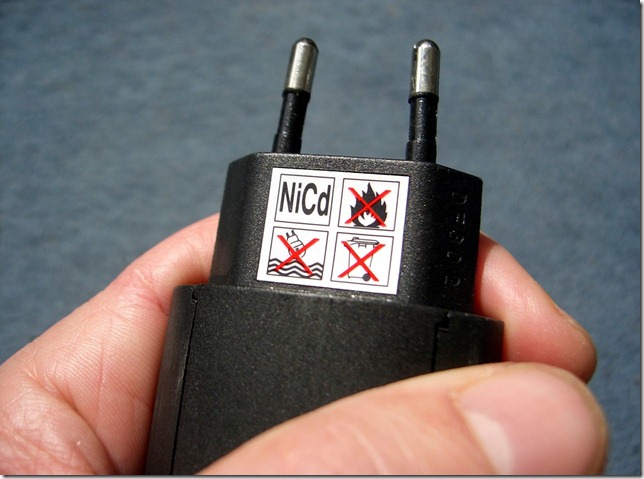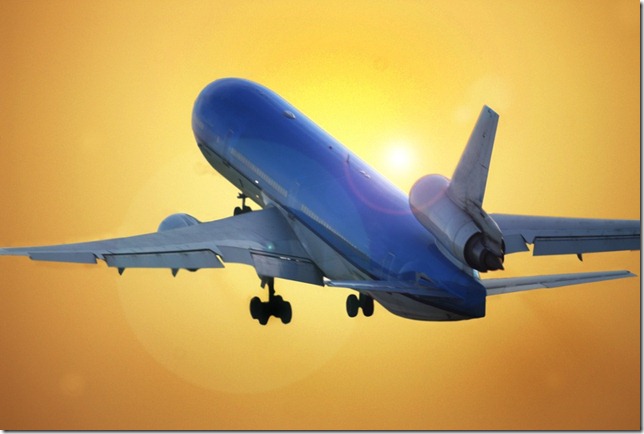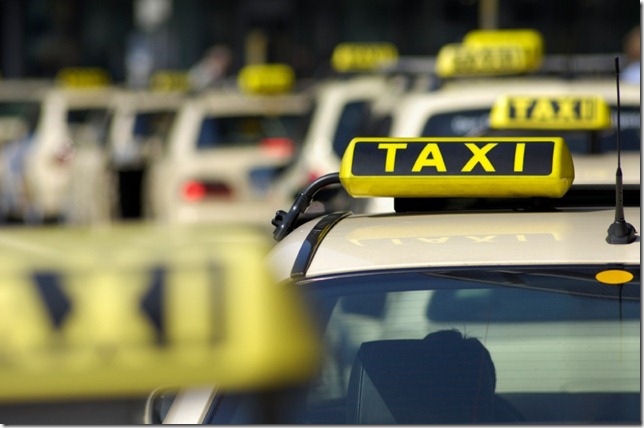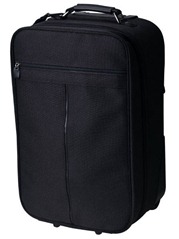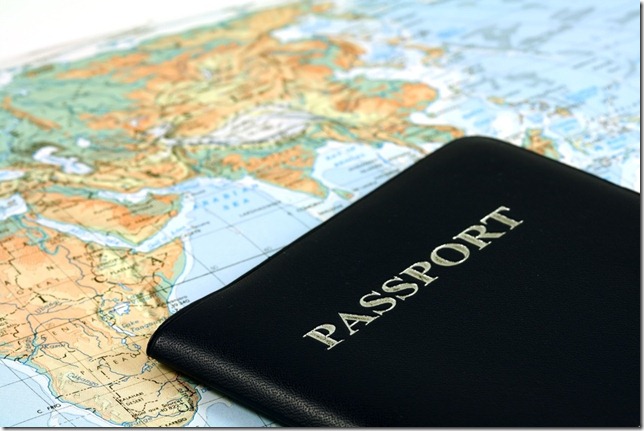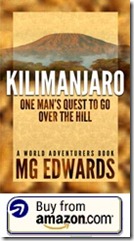Eurasia: Getting Up in Europe
This is the tenth installment of a story about my travels in 1994 as a college student. The six-month journey took me to 20 countries in Europe and Asia. This happened on my first full day in Graz, Austria.
Thursday, March 3, 1994
I woke up in the morning to the sound of cooking and the smell of breakfast. Wiping the sleep from my eyes and peering through the fog toward the kitchenette, I saw a stranger making eggs and toast. I assumed he was my roommate Stephen and had slipped into the apartment when I was in a deep sleep. The delicious smell of breakfast crept into my nostrils and teased my stomach.
“Guten Morgen,” I greeted him with a croak. My throat felt hoarse after days of travel and cold winter wind. The long, hard sleep left me feeling groggy, and bad German poured from my mouth like a drunken man trying to find his tongue. “Hallo, ich bin Mike.”
“Hallo, I am Stephen,” he said in crisp English accentuated by the loud clink of a plate on the table. “Welcome. You must be my new suitemate, Michael.”
“Yes, I am,” I said, sitting up in bed and giving him a sheepish wave. Fortunately, he seemed to prefer English to rudimentary German; my brain was too muddled to speak anything else.
Stephen invited me to eat some breakfast and shared some of his meal, as if he had seen my conspicuously bare side of the kitchenette shelf and knew that I had nothing else to eat. I devoured the eggs and toast like a castaway recently rescued from a deserted island. My roommate didn’t seem to mind.
“Danke Schöen,” I suppressed a belch. “Do you know where I can buy some groceries?”
“Yes, of course,” he answered. A man of few words, Stephen seemed a quiet sort or reluctant to speak English. Or perhaps he wasn’t in the mood to chat. It was difficult to tell.
I spread a large city map of Graz on the dining table. He drew a circle around our apartment with his finger and said matter-of-factly, “We live here. Walk this way a bit, and there you will find the grocery store.”
His finger traced a red line on the map representing the street passing by our apartment and pointed near the river. I noted the location and said, “Great, thanks.”
“You are welcome,” he said and stood up stiffly. Washing the dishes and drying his hands, he said as if in a hurry, “I must be going now. Goodbye.”
“See you later, Stephen. Thanks for your help.”
Without another word or a look, he donned his coat and scarf, grabbed his satchel, and left our apartment.
The odd exchange addled in my brain as my hands collected a few items and tossed them into a small backpack. I had a long and busy day ahead getting to know my adopted hometown. I felt like a stranger in an unfamiliar land but was determined to learn my way around the city.
I bundled up for a cold winter’s day and headed downstairs. The payphone near the front door of the apartment building reminded me I needed to call home to let my family in the United States know that I arrived safely. Inserting all the change in my pocket, I dialed my fiancée’s phone number. Moments later, I heard a sweet voice say, “Hello?”
“Hi, honey, it’s me! I made it to Austria.”
“Hi! I’m so glad you made it,” Jing said. Her voice sounded lovely. Suddenly, she didn’t seem so distant.
“I’m tired but got here safely,” I said as the rapidly depleting payphone credit caught my eye like the countdown of a ticking time bomb.
“That’s great,” Jing said. Suddenly, another woman’s voice interrupted the line to inform me that I needed more credit. My coins were gone! I said, “Honey, I’m out of money. Sorry, I’ll call you as soon as I…”
The balance hit zero, and the line went dead. I slammed the handset back in the cradle and stomped out of the building. Pocket change was a priceless link to the ones I loved. My search for more coins had begun.
To be continued…
Previous installments of Eurasia:
- Leaving America
- Vancouver to Frankfurt
- Adventures in Frankfurt (Part One)
- Adventurers in Frankfurt (Part Two)
- On to Munich
- A Respite to Rosenheim
- Rosenheim, Germany
- The Austrian Express
- Settling in Graz
M.G. Edwards is a writer of books and stories in the mystery, thriller and science fiction-fantasy genres. He also writes travel adventures. He is author of Kilimanjaro: One Man’s Quest to Go Over the Hill, a non-fiction account of his attempt to summit Mount Kilimanjaro, Africa’s highest mountain and a collection of short stories called Real Dreams: Thirty Years of Short Stories. His books are available as an e-book and in print on Amazon.com and other booksellers. He lives in Bangkok, Thailand with his wife Jing and son Alex.
For more books or stories by M.G. Edwards, visit his web site at www.mgedwards.com or his blog, World Adventurers. Contact him at me@mgedwards.com, on Facebook, on Google+, or @m_g_edwards on Twitter.
For more books or stories by M.G. Edwards, visit his web site at www.mgedwards.com or his blog, World Adventurers. Contact him at me@mgedwards.com, on Facebook, on Google+, or @m_g_edwards on Twitter.
© 2013 Brilliance Press. All rights reserved. No part of this work may be reproduced or transmitted without the written consent of the author.

